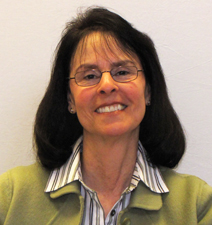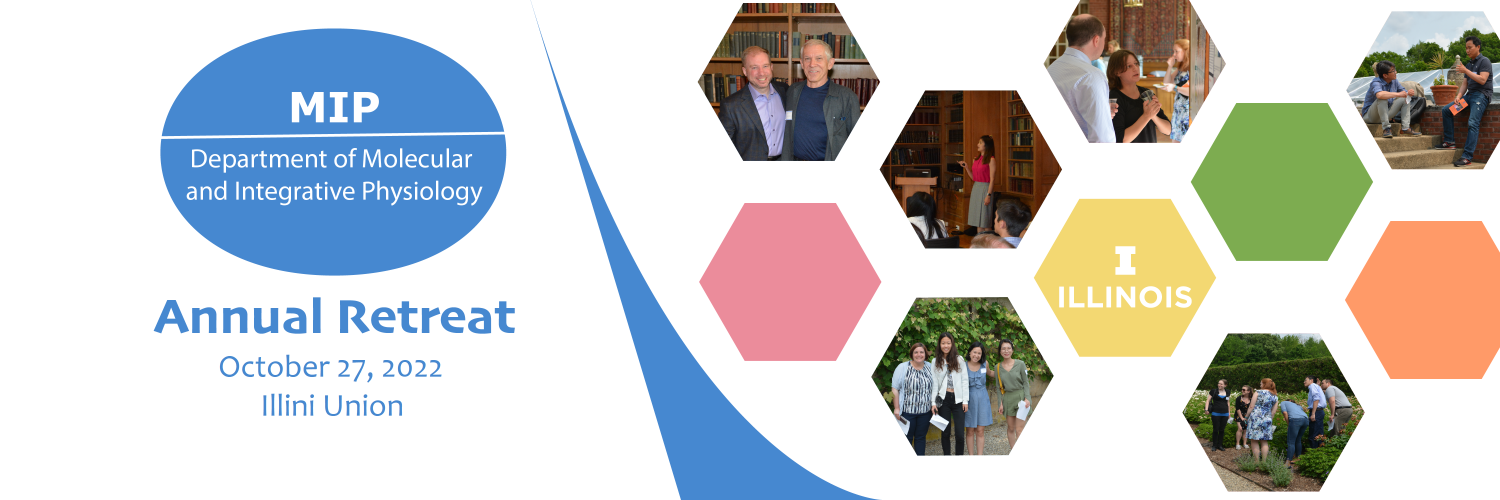W. Lee Kraus, PhD
Talk Title: ADP-Ribosylation: From Discovery to Function
Professor and Director,
Cecil H. and Ida Green Center for Reproductive Biology Sciences
Professor, Obstetrics & Gynecology and Pharmacology
UT Southwestern Medical Center Dallas, TX
Dr. Kraus is a renowned molecular endocrinologist who began his career studying steroid hormone receptor activity in Dr. Benita S. Katzenellenbogen’s laboratory at the University of Illinois, Urbana- Champaign. He followed this with postdoctoral research in Dr. Jim Kadonaga’s laboratory at the University of California, San Diego, where he examined the mechanisms of transcriptional regulation and chromatin structure. His laboratory was among the first to identify the role of Poly (ADP-ribose) polymerases (PARPs) in regulating chromatin structure and gene expression in the early 2000s. Until then, PARPs were predominantly known for their DNA damage repair. PARPs modify proteins by adding ADP-ribosyl groups. His laboratory has been instrumental in bringing cutting-edge genomic approaches, such as ChIP-seq and GRO-seq, to understand where nuclear PARPs localize across the genome and how they regulate gene expression. They have developed Click-ChIP-seq, the only method available to identify PARP-specific ADP-ribosylation events across the genome. Among his many scientific contributions, his laboratory recently identified new cancer pathways that PARP inhibitors may target, such as ribosome biogenesis. He is also the founding organizer of the Cold Spring Harbor Laboratory meeting on PARPs and ADP-ribosylation and has organized FASEB meetings on NAD+ metabolism and signaling. In 2021, the Kraus lab identified mono-ADP-ribose and NMNAT-2 as potential biomarkers for ovarian cancer. Dr. Kraus is a founder and consultant of two companies, Ribon Therapeutics, and ARase Therapeutics, that develop therapeutics targeting PARP and ADP-ribose hydrolases. Dr. Kraus’s ground-breaking research is funded by multiple R01s and CPRIT (Cancer Prevention and Research Institute of Texas) grants, and he is endowed with the Cecil H. and Ida Green Distinguished Chair in Reproductive Biology Sciences. His scientific accomplishments have also garnered him the Ernst Oppenheimer Award and Richard E. Weitzman Memorial Award for excellence in endocrine research from the Endocrine Society and the Distinguished Alumni Award from the Department of Molecular and Integrative Physiology, UIUC.
Benita Katzenellenbogen, PhD
Talk Title: The Fulfilling Journey of a UI Scientist
Swanlund Professor
Department of
Molecular & Integrative Physiology
B.A. City University of New York
M.A….Harvard University
Ph.D. Harvard University
Postdoctoral training UIUC
Dr. Benita Katzenellenbogen, Swanlund professor of Molecular and Integrative Physiology, joined the department in 1971. She is also an affiliate Professor in the Department of Cell and Developmental Biology, and a member of the Cancer Center at Illinois. She is a leader in breast cancer and reproductive biology research, and her contributions have been recognized with numerous honors and awards such as the Ernst Oppenheimer Memorial Award of The Endocrine
Society for Meritorious Research, Susan G Komen for the Cure Brinker Award for Scientific Distinction, National Cancer Institute MERIT Award, Fred Conrad Koch Lifetime Achievement Award from The Endocrine Society in 2016, and Women in Endocrinology Mentor Award. She was elected to the American Academy of Arts and Sciences and served as President of The Endocrine Society. Her discoveries have led her to be a co-inventor on seven patents in many aspects of cancer therapy. She has served on the editorial boards of many journals and is currently an associate editor for the Nature Breast Cancer journal. Dr. Katzenellenbogen’s laboratory is focused on understanding the molecular mechanisms of hormone and antihormone actions in normal and cancer cells, and in approaches useful in overcoming cancer therapy resistance. Her lab is interested in how selective estrogen receptor modulators (SERMs) act to suppress the progression of breast cancer. She has done seminal work on estrogen receptors and their signaling pathways, and identified several ER mutations found in human breast tumors that result in treatment resistance and cancer recurrence. More recently, her research group has focused on the oncogenic transcription factor FOXM1 in estrogen receptor (ER)-positive and triple negative breast cancers. Their work includes identifying compound combinations for enhancing the effectiveness of FOXM1 inhibitors to improve clinical outcomes in many different cancers. She has published over 350 articles in many prestigious journals such as Cell, PNAS, Nature Structural Biology, and Endocrinology and has enjoyed collaborations with many other scientists in the U.S. and throughout the world. For many years, she taught endocrinology, cell biology, physiology, and cancer courses at UIUC and the University of Illinois College of Medicine. She has trained approximately 100 Ph.D., MD/Ph.D. and postdoctoral scientists, plus numerous undergraduates, many of whom are leading highly successful independent careers in academia, at medical centers, and at pharmaceutical and biotechnology companies.
